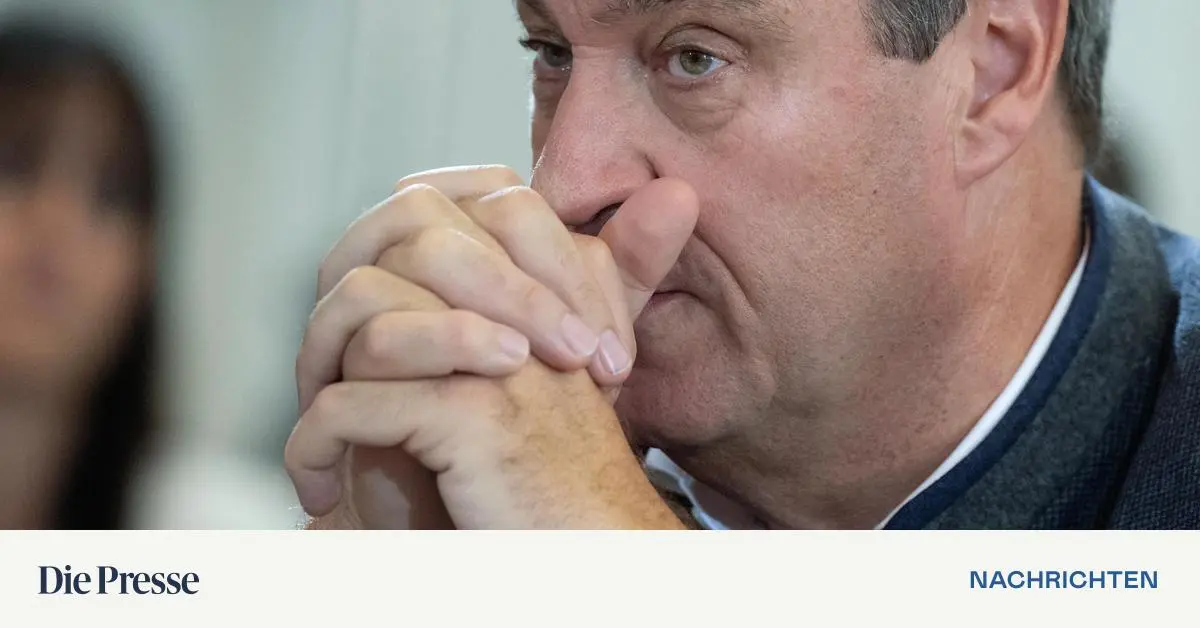Austrian Chancellor Karl Nehammer and Interior Minister Gerhard Karner participated in a meeting of the Bavarian state government.
During the current election campaign, Prime Minister of Bavaria, Markus Söder, praised Austria’s immigration policy. In this area he wants “Vienna more than Berlin,” he said after Tuesday’s Bavarian Cabinet meeting in Munich, which was also attended by Chancellor Karl Nehammer (ÖVP). Söder (CSU) stressed that Austria has become “almost an ally” in migration policy.
Both countries, whose prime ministers are considered representatives of the middle class, are “close in spirit.” For his part, Nehammer confirmed, according to a statement by the Federal Chancellery: “In Austria, the number of applications decreased by more than 50 percent compared to July of the previous year, and in Germany it is increasing. This is also why we agree that, in addition to bilateral cooperation, there is a need for effective protection of the EU’s external borders and increased cooperation with countries of origin and transit.
At the meeting, Bavaria was “very interested” in how Austria could reduce the number of asylum applications. “Austria and Bavaria are mainly affected by the pressures of migration movements. In light of this situation, it is necessary to strengthen our cooperation in the fight against illegal immigration,” Nehammer stressed.
Nehammer refrained from criticism
During his visit to Bavaria, Nehammer avoided criticizing German border controls at motorway border crossings with Austria. The Chancellor said in Munich that successful searches on the Austrian-German border showed that protecting the EU’s external borders was “ineffective.” Interior Minister Gerhard Karner (ÖVP) also participated in the Cabinet meeting and held bilateral working discussions with his Bavarian counterpart Joachim Herrmann.

“Food practitioner. Bacon guru. Infuriatingly humble zombie enthusiast. Total student.”







More Stories
Lifting the immunity of AfD deputy Gnauck
Lifting immunity: Searching for AfD politician Bystron
Slovak Prime Minister Fico is out of danger and Putin is in…